Chicago's shocking 'pregnant boy' ads
Teen pregnancy isn't just about girls

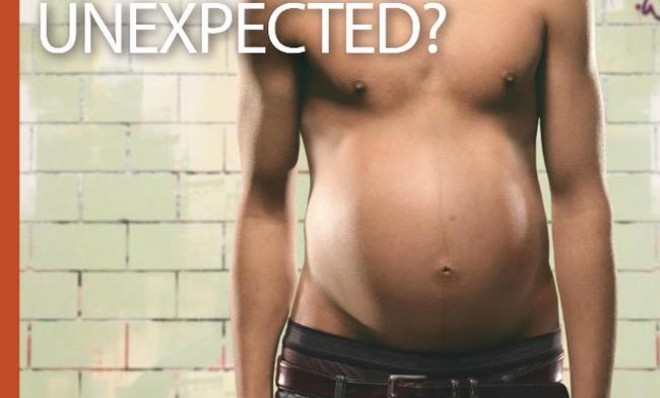
A free daily email with the biggest news stories of the day – and the best features from TheWeek.com
You are now subscribed
Your newsletter sign-up was successful

He looks like a typical high school boy — shaggy hair, low-riding jeans, a skateboard — except for one startling difference: A pregnant belly. Such is the imagery featured in Chicago's teen pregnancy awareness campaign, alongside the fitting tagline: "Unexpected? Most teen pregnancies are."
The message is as blatant as the boy's rotund stomach. Teen pregnancies are not just the girl's responsibility.
"We wanted to create an ad campaign that would cut through the clutter and get people thinking about teen pregnancy and teen births, and how it can affect more than just teen girls," Chicago Department of Public Health spokesman Brian Richardson told TODAY.
The Week
Escape your echo chamber. Get the facts behind the news, plus analysis from multiple perspectives.

Sign up for The Week's Free Newsletters
From our morning news briefing to a weekly Good News Newsletter, get the best of The Week delivered directly to your inbox.
From our morning news briefing to a weekly Good News Newsletter, get the best of The Week delivered directly to your inbox.
The attention-grabbing ads — which debuted in May and are being run on public transit busses, trains, platforms, and bus shelters — were actually first used in Milwaukee, but have been re-purposed for the Windy City.
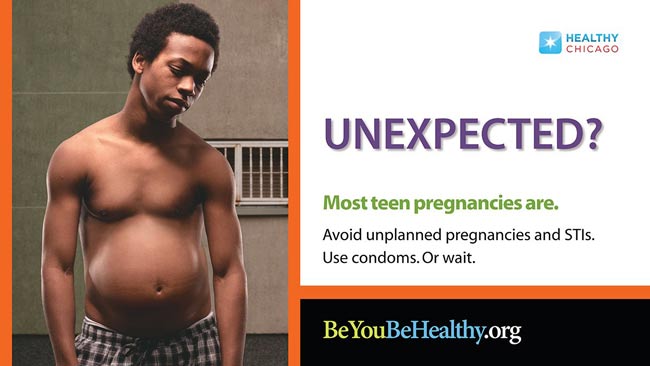
While Chicago's teen birth rate has decreased by 33 percent in recent years, it still remains one of the highest in the nation, according to a recent Chicago Department of Public Health report. Hence the need for something dramatic. The controversial nature of the campaign's content was purposeful, and officials said they hope the posters will spark more substantial conversations among teens and parents.
Sure, the ads are almost shameless in their demand for attention. But, for some, the marked shift in focus from girls to boys is enough reason to see the ads as a success. "The shift in narrative — one that holds our sons responsible in a dialog that has for much too long solely blamed our daughters — is a win all on its own," said Kao Beck at Mommyish.
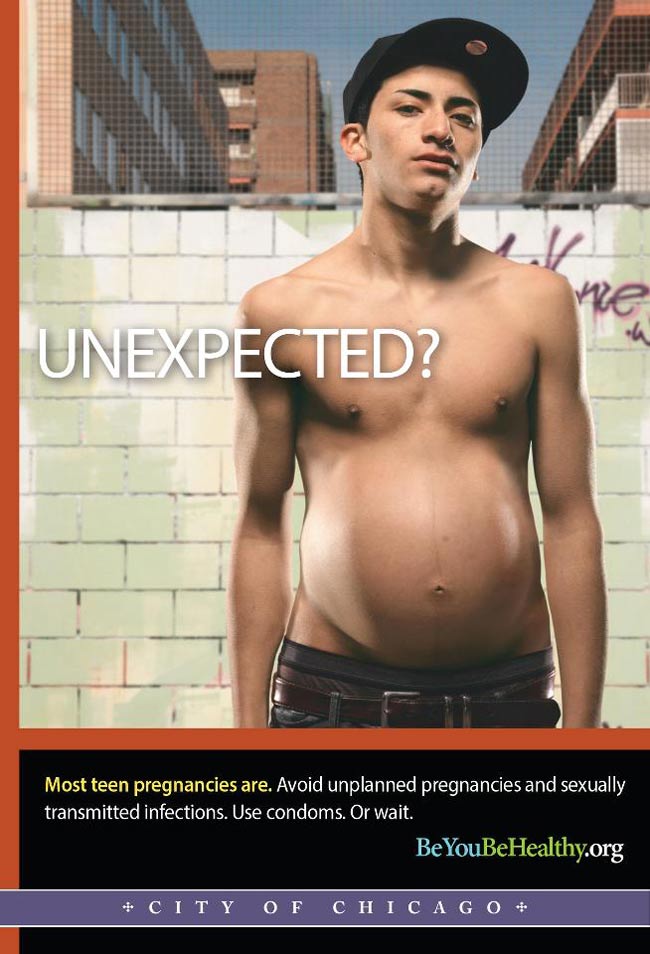
However, while it may be jarring to see a scrawny pregnant boy, these shock-value ads fall comfortably in line with the increasingly jaw-dropping imagery littering our commutes and commercials. In the public service announcement game, either you're controversial or you're ignored.
A free daily email with the biggest news stories of the day – and the best features from TheWeek.com
In New York city, for example, obesity-fighting officials recently ran a series of unsavory ads depicting slimy, blubbery fat pouring from soda bottles.
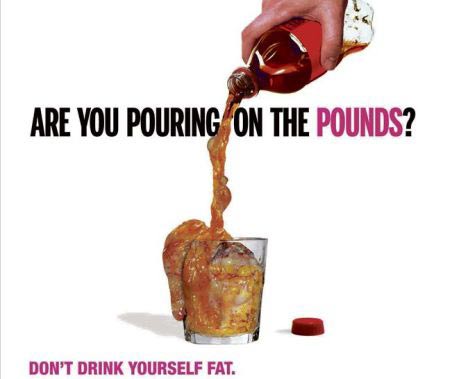
In Georgia, anti-obesity ads swapped gross for grim in a series of videos in which overweight kids ask their heavyset parents, "Why am I fat?"
Other countries have cottoned to the trend as well. In Lebanon, a striking PSA campaign against domestic abuse highlighted the damaging effects of verbal abuse. Beautiful women are shown with raw wounds, the shape of which mimic the audio waveforms of the harsh words used against them, including "whore" and "bitch."
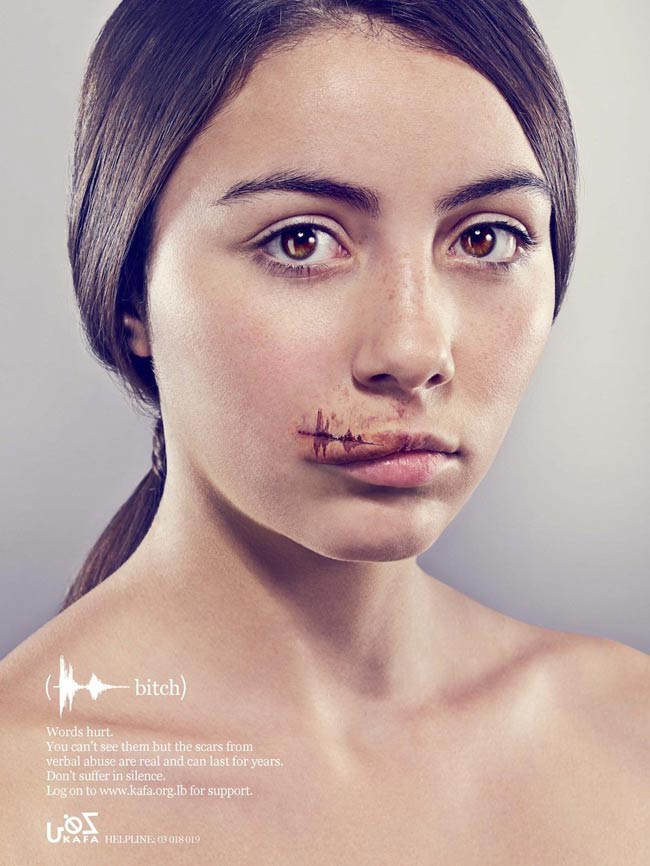
Lauren Hansen produces The Week’s podcasts and videos and edits the photo blog, Captured. She also manages the production of the magazine's iPad app. A graduate of Kenyon College and Northwestern University, she previously worked at the BBC and Frontline. She knows a thing or two about pretty pictures and cute puppies, both of which she tweets about @mylaurenhansen.
-
 Switzerland could vote to cap its population
Switzerland could vote to cap its populationUnder the Radar Swiss People’s Party proposes referendum on radical anti-immigration measure to limit residents to 10 million
-
 Political cartoons for February 15
Political cartoons for February 15Cartoons Sunday's political cartoons include political ventriloquism, Europe in the middle, and more
-
 The broken water companies failing England and Wales
The broken water companies failing England and WalesExplainer With rising bills, deteriorating river health and a lack of investment, regulators face an uphill battle to stabilise the industry
